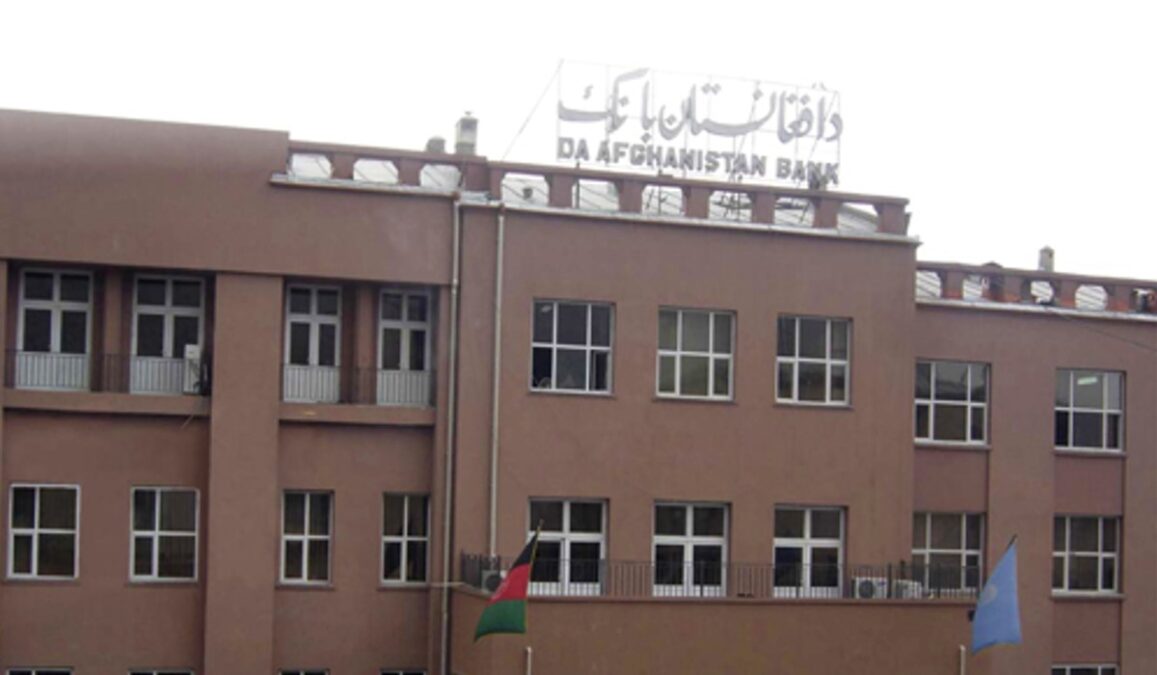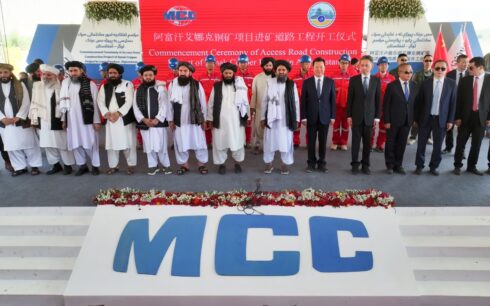The head of the Taliban’s central bank, Hedahatullah Badri, has announced plans to transform Afghanistan’s financial and banking system into a “fully Islamic framework”, prohibiting all profit transactions in the country’s banks.
Speaking at the 18th annual meeting of the Accounting and Auditing Organization for Islamic Financial Institutions and Islamic Development Bank in Bahrain, Badri outlined the goal of converting all banks in Afghanistan to Islamic banking. The event focused on discussing strategies for navigating an impending economic slowdown and adapting to a post-oil world through economic diversification and leveraging Islamic finance.
“In this regard, efforts are being made to make Afghanistan’s banking and financial system free from usury and profit by drawing on the experiences of other Islamic countries and the expertise of international Islamic institutions,” stated Badri.
Some economic experts expressed concerns about the current state of Afghanistan’s banking sector, with an estimated 90% of private and public banks facing paralysis.
They emphasized the importance of maintaining relations between Afghanistan’s banks and other financial institutions.
Sayed Massoud, an economic affairs analyst, highlighted the need to revitalize the stagnant banking system, stating, “With moves towards Islamic banking, we should consider how the relationship between Afghan banks and other banks can be maintained, especially given the current paralysis affecting almost 90% of private and state banks.”
Former head of the Afghanistan Banks Union, Siyar Quraishi, acknowledged challenges within the Islamic banking sector, including public knowledge gaps about banking services, insufficient human capacity, and a lack of Sharia consensus among scholars.
“People’s lack of knowledge about banking services, lack of knowledge and human capacity, lack of Sharia consensus among scholars, and the lack of understanding of some scholars in terms of Islamic transactions in banking are issues facing this plan,” he said.
In a recent development, the Taliban-run Central Bank increased withdrawal limits for private banks. However, Afghanistan’s banking system has encountered issues over the past two years, as indicated by a United Nations Development Program report.
The report cites the failure of the banking system due to reduced foreign aid, the central bank’s inability to provide liquidity, substantial withdrawals, and concerns related to money laundering and financing, resulting in a liquidity crisis for Afghanistan’s banks.





